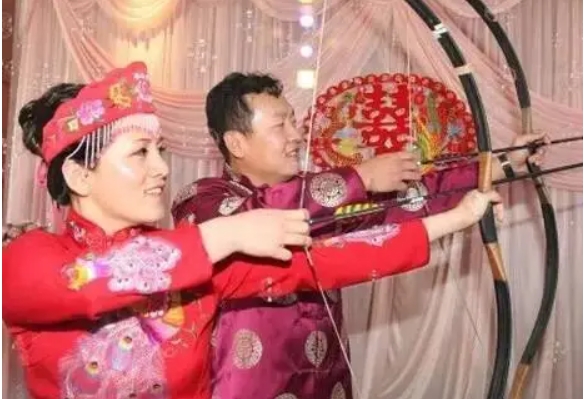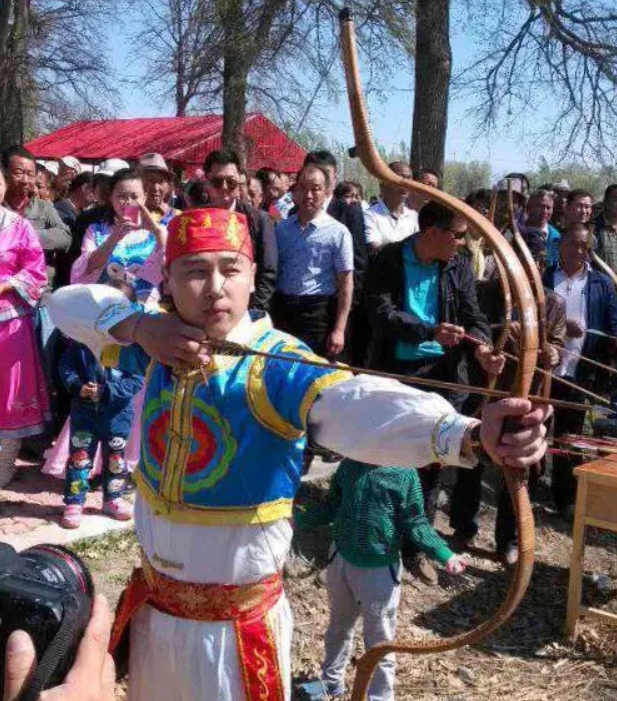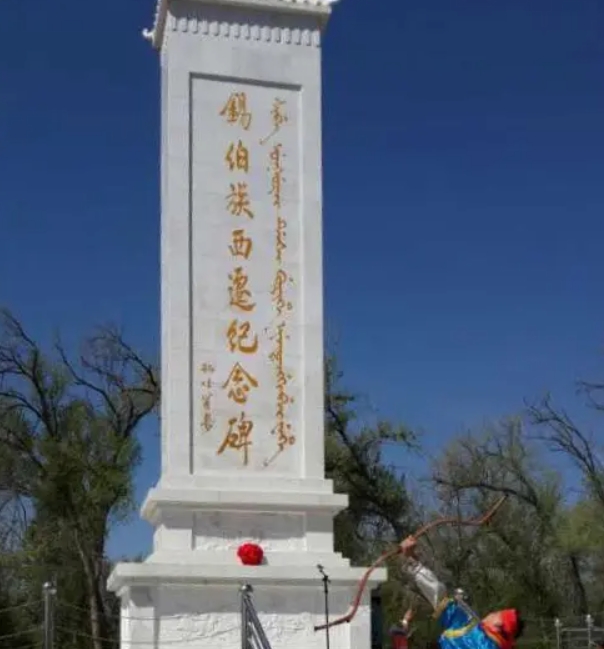Release time:2025-01-15 15:33:54Clicks:author:SPG ArcheryMain categories:Bows, Arrows, Archery Accessories

The Xibe people have lived in the Hulunbuir grassland and the Nenjiang River Basin for generations. In the middle of the 18th century, one of them moved westward to Yili and now mainly lives in Chabuchaer Xibe Autonomous County. We have given you a brief introduction to the Xibe people in the article "A Brief Talk on the History of Bows and Arrows - Myths and Stories". In history, the Xibe people were called hunting tribes, and bows and arrows were indispensable in fishing and hunting. Bows and arrows are closely related to the Xibe people, so in the past, young men and women of the Xibe people used bows and arrows to get along in social activities. Nowadays, Chabuchaer County, where the Xibe people live in Xinjiang, is even more known as the "Hometown of Bows and Arrows in China", and continues to radiate brilliance in the course of the times.
Using arrows as a matchmaker
When a young man courts a girl, he must win the girl's heart with superb archery skills; if a girl likes a young man, she will take the initiative to shoot arrows with him to communicate her feelings.

A matchmaker is naturally indispensable for marrying a wife. After a young man and woman of the Xibe ethnic group establish a romantic relationship, the man will find a eloquent matchmaker to bring gifts to propose marriage, which is called "door-to-door gift".
If the woman's family accepts the "door-to-door gift", the matchmaker will frequently discuss the marriage between the two with the woman's parents and select an auspicious day to formally promise the marriage.
When promising the marriage, the man will hold a banquet at the woman's house to entertain the woman's relatives, which is called "recognition banquet". From then on, the two families begin to exchange gifts.
Kowtowing engagement
There are many procedures and links for Xibe men and women from the engagement to the completion of marriage, the most important of which is the engagement ceremony "Xing Ken Xie Ren" (kowtow ceremony).
"Xing Ken Xie Ren" is hosted by the man, and a banquet is held at the woman's house according to the woman's request. There are many guests at this banquet, not only direct relatives, but also many collateral relatives.
At the banquet, the elders of the man's side traditionally give gifts to the woman. Generally, they give the unmarried daughter-in-law two sets of clothes or matching clothes for all four seasons, give her parents or elders a set of clothing materials, and some give brothers, sisters or important relatives a gift, as well as an appropriate amount of cash.
After that, the unmarried daughter-in-law will also give her future husband shoes and socks made by herself. The kowtow ceremony marks that the two families have signed a marriage contract, which cannot be overturned at will.
At the kowtow ceremony, the date of the wedding will be determined. After that, the man will actively make various preparations for the marriage and buy decorations for the bride, such as watches, gold rings, gold bracelets, gold necklaces, etc.
In addition to relatives, friends and neighbors who come to help, the Xibe wedding also hires Oder Amu (father) and Oder Eni (mother) as the wedding reception elders before the wedding.
Among the groom’s elders, one man and one woman who are of the same generation and age as the bride’s parents (they must also be of the same zodiac sign), have a certain reputation, are good at speaking and can sing and dance, are selected as representatives of the wedding team to coordinate and solve various issues in the wedding process.
Six young men and several young girls form the wedding team. In the ancient tradition of the Xibe people, there is a custom of robbing the bride. In order to increase the festive atmosphere, the Xibe wedding team calls themselves "robbing the bride". On the quiet country road in autumn, the wedding team is the curtain-raiser of this Xibe festival.

The oath of white hair
The dowry of the Xibe bride must be delivered by her brother and sister-in-law and her family. Generally, half of the people who go there are men and half are women. When the dowry is opened to show, the bride’s mother will put a red envelope in the box, wishing the newlyweds a box full of gold and silver and eternal happiness.
Then lock the box and hand over the key to show that the power has been transferred to the groom’s family, and then the dowry can be carried to the new house. Before the wedding procession leaves, the father-in-law will give the groom two bottles filled with grain seeds to wish for an abundant grain and a full warehouse.
After the bride arrives at her husband's house, she walks side by side with the groom, supported by the bridesmaid. In front of the main room door, the newlyweds face north and kowtow to worship heaven and earth. Then they throw sliced sheep tail oil into the stove fire as a "white-haired oath".
After that, the couple kneels down to their parents in the main room, and the bride enters the bridal chamber. After drinking "Hehuan wine" at night, she gets off the kang to toast her parents-in-law.
The Xibe people in Yili have a wedding custom of "snatching sheep bones". After the wedding, the parents-in-law will put a sheep thigh bone on the edge of the kang in the new room. The sisters and brothers of both sides gather in the new room, put two wine glasses tied with red lines on a plate, and quickly exchange them, letting them choose one cup. The one who drinks the wine is lucky, and then they have to drink 3 cups in a row.
After that, the brothers and sisters of both sides start to grab the sheep bones. If the man's family grabs the sheep bones, they will think that the bride is hardworking and capable, and can raise children; if the woman's family grabs the sheep bones, they will think that the bride can manage the household, will not be bullied, and the family will be harmonious and prosperous.
The banquet lasts until the evening, and a Belem dance party is held to celebrate the wedding. On the third day, the bride and groom go to the grave to worship their ancestors, and the man's family slaughters sheep to entertain the in-laws and their families, and returns to the parents' home on the ninth day.